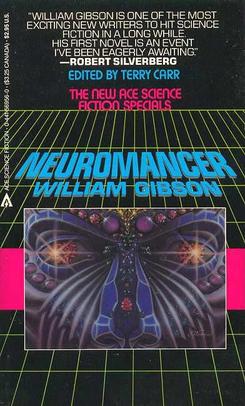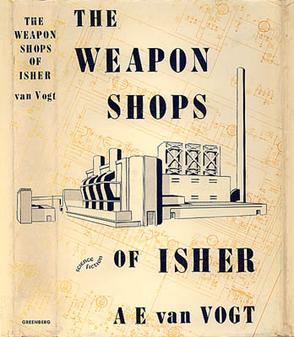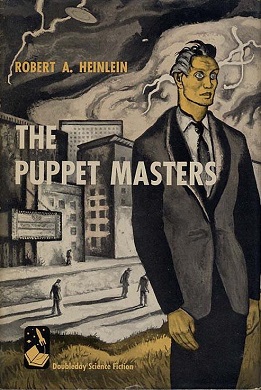Foundation, along with “Nightfall” and I, Robot, is considered to be one of Isaac Asimov's best works. This book, along with its two proceeding novels, are actually a collection of short stories, novelettes, and novellas, which are all different in plot, but take place in the same fictional setting. Although Foundation gained no awards at the time of initial publishing, the series later won an honorary Hugo award for “Best All-Time Series”. Considering the heaps of praise, and considering I hadn't read much Asimov yet, I decided, of course, that I should gleefully jump right in. I actually happened to finish it today, so these are initial impressions.
This novel, much like many others, has flaws. The first problem it has is characterization. It's not completely devoid of such a concept, but a lot of the characters are the same, intellectual, questioning, logical types, even the barbaric, brutish people. I was particularly disappointed with Asimov's handling of Gaal Dornick, who seemed like quite an interesting character I wanted to learn more about, but unfortunately didn't. On the other hand, I did love how Asimov utilized the character of Lord Dorwin. Instead of making him another analytical type, he made him out to be a silly, nonchalant symbol of the declining state of galactic society, and he was a pure joy to read. It's a shame he was only featured for a short period.
As much as I did like the intellectual state of most of the characters, Asimov decided to make about ninety-some percent of the book dialogue, with explanations about whatever situation was at hand and how it could and would be fixed. Even when he didn't feature any of the characters spewing dialogue, he did give at least some necessary detail, but having a little more would've been nice. The first part, “The Psychohistorians,” did fine on that end, but the rest of the book was aching for more. However, I will admit that sometimes the book would've suffered without that kind of explanation-hammering, even if plenty of them ultimately did amount to back and forth Q & A style sessions.
And as a side note, two other minor problems I had were the adverb use (which wasn't at a Stephanie Meyer level of legendary terribleness, but still was a tad annoying) and the instance of sexism later on in the book involving the woman's role in the kitchen. This is only somewhat forgivable because this was written back in the nineteen fifties when that was common, but like anywhere else, it sticks out like a sore thumb and awkwardly pulls me out of the story.
But please, don't think I hate Foundation. In fact, I love it. I can't help but praise this novel despite its flaws. It's a heaping bundle of thought-provoking, well-planned goodness wrapped in a tight little ball. I thoroughly enjoyed reading just about every single page of this book. It's the kind of story I don't see much of anymore; the type of story that doesn't rely on violence to solve its problems. With his wonderfully wrought ingenuity, Isaac Asimov manages to weave a clever pacifistic web around each and every situation he handles, all while keeping in mind the quote featured within by Salvor Hardin, “Violence is the last refuge of the incompetent.” The essential ideas represented are more important in this case than the flaws listed above, hence is why I ultimately praise Foundation.
That way of thinking is what I yearn to see among the entire action-oriented, Hollywood blockbuster style hugger bugger. Sad to see intellectual and more peaceful wonders such as this often chucked to the wayside for basic, less grand, non-thought-provoking sequences. Keeping Salvor Hardin's quote in mind about incompetence, that could very well put into perspective the rut of thinking (or lack thereof) our society is currently in. Further putting into perspective Salvor Hardin's quote and how it relates to our society, this novel also happens to reflect similarities to the fall of Rome and the proceeding Middle Ages, which I'm sure was intentional.
This novel could very well have been a well-timed message by Asimov, warning people about the dangers of the path we already seem to be leading toward, which wouldn't be surprising considering he's a secular scientist. For that ever so important message, I place Foundation among my highest of recommendations, and I will look forward to not only reading more Isaac Asimov, but possibly more from this series as well.






